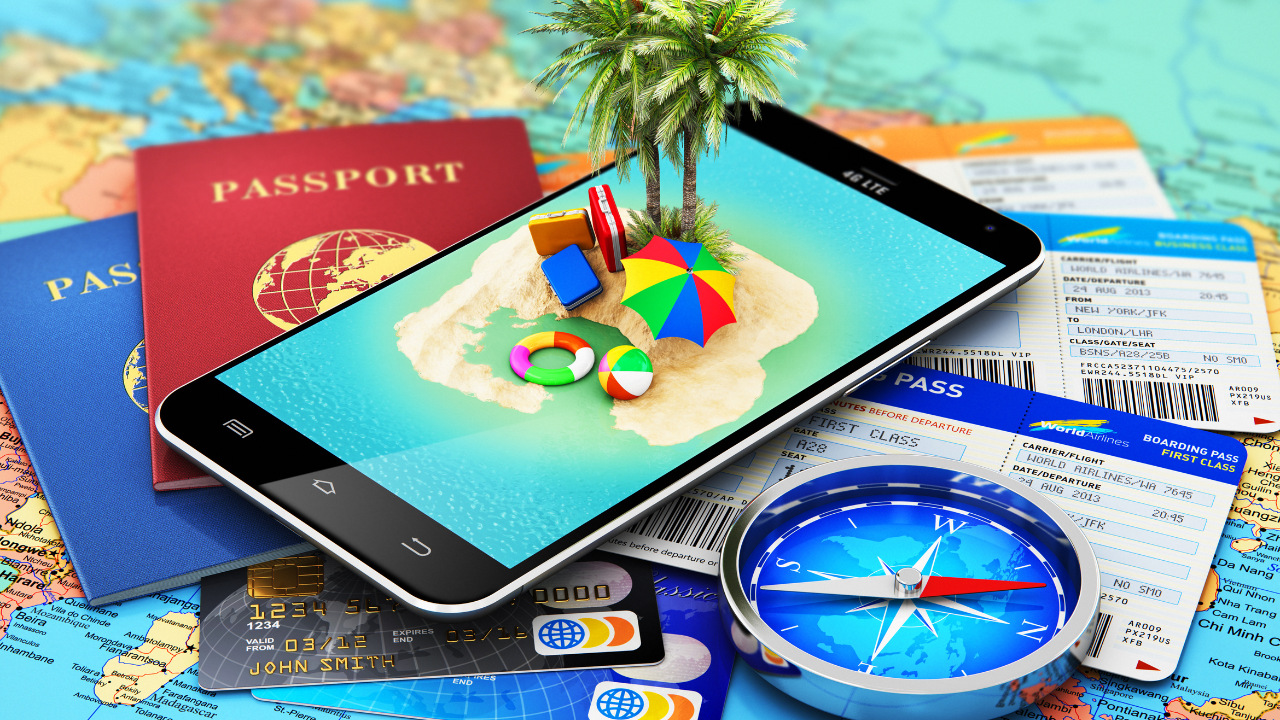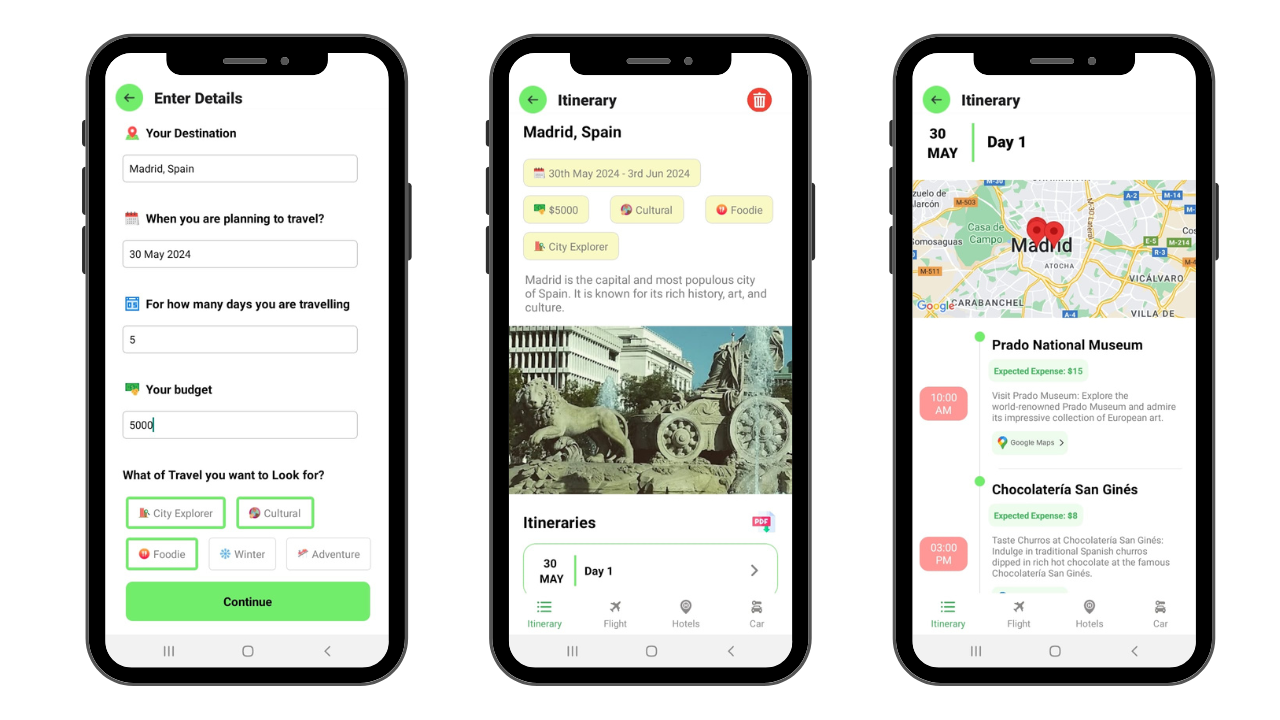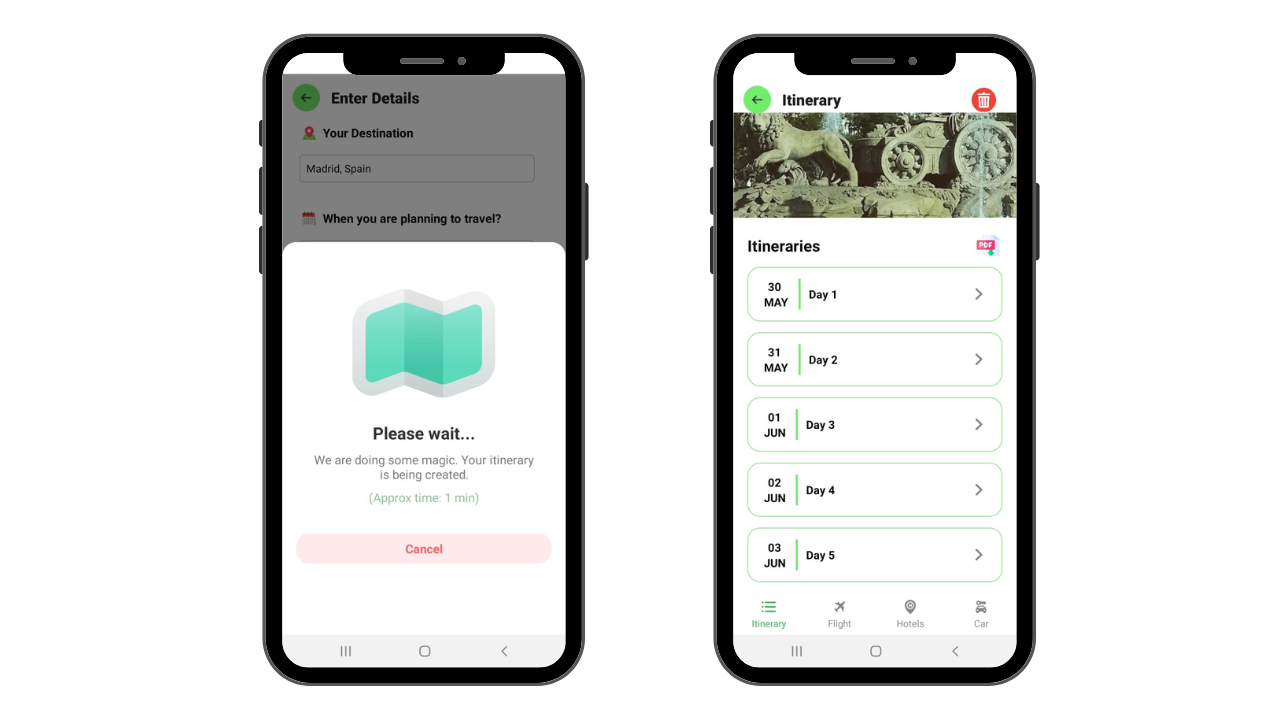
As we enter 2024, the tourism industry is experiencing a significant transformation. The rise of AI App is reshaping the way people plan and experience their trips, offering unprecedented levels of personalization, convenience, and accessibility. This shift towards AI-powered travel planning signals a future where technology not only simplifies travel logistics but also enhances the overall travel experience. In this article, we explore how AI Apps are driving this change and what it means for the future of tourism.
The Evolution of Travel Planning
Travel planning has come a long way from the days of paper maps and guidebooks. In recent years, AI Apps have emerged as powerful tools that streamline the planning process, providing travelers with tailored recommendations and seamless booking experiences. The AI powered Apps leverage artificial intelligence to analyze user preferences, travel trends, and real-time data, allowing for personalized itineraries that cater to individual interests.
In 2024, the focus on AI powered Apps continues to grow, with an increasing number of travelers turning to these apps for their travel needs. The ability to create customized travel experiences with just a few taps on a smartphone has made AI App indispensable for modern travelers.
How AI Apps Are Reshaping Tourism
The impact of AI Apps on tourism is profound. Here’s how these apps are reshaping the industry:
1. Personalized Travel Experiences

AI App offer personalized travel recommendations based on user preferences, travel history, and current trends. This level of personalization allows travelers to create itineraries that reflect their unique interests, whether it’s exploring cultural landmarks, indulging in culinary adventures, or seeking out outdoor activities. By reshaping tourism around individual preferences, AI App are making travel more enjoyable and meaningful.
2. Real-Time Travel Assistance

One of the key benefits of AI Apps is their ability to provide real-time assistance during a trip. With features like integration with Google Maps and live updates on weather, traffic, and local events, travelers can make informed decisions on the go. This ensures a smoother travel experience, reducing stress and allowing for more flexibility in planning.
3. Seamless Booking and Reservations

AI Apps streamline the booking process by offering integrated tools for flights, hotels, and car rentals. This convenience allows travelers to make all necessary arrangements within a single app, saving time and reducing the complexity of travel planning. In 2024, AI Apps are making travel more accessible by simplifying the logistics.
4. Data-Driven Travel Insights

AI-powered Apps are also contributing to a deeper understanding of tourism trends. By analyzing user data and travel patterns, these apps can provide valuable insights into popular destinations, travel seasons, and emerging trends. This data-driven approach helps travelers make informed choices and contributes to the industry’s broader understanding of consumer behavior.
The Future of Travel with AI Technology
As we look ahead to the future of travel, AI technology will play an increasingly prominent role in shaping the industry. Here are some trends and predictions for 2024 and beyond:
1. Enhanced Personalization
AI Apps will continue to refine their ability to offer personalized travel experiences. This could include deeper integration with smart devices, allowing apps to learn more about users’ preferences and habits to provide even more tailored recommendations.
2. Sustainable Travel Solutions
With a growing focus on sustainability, AI Apps may incorporate features that encourage eco-friendly travel choices. This could include recommending environmentally conscious accommodations, transportation options, and activities that align with a commitment to reducing carbon footprints.
3. Expanded Virtual Travel Experiences
AI Apps might expand into virtual travel experiences, offering users the chance to explore destinations virtually before planning a trip. This could be especially useful for travelers looking to preview a location or experience specific activities remotely.
4. Increased Collaboration with Tourism Partners
AI Apps are likely to collaborate more closely with tourism boards, local businesses, and other industry stakeholders to provide users with unique experiences. These partnerships could lead to exclusive offers, insider tips, and enhanced travel packages.
Conclusion: A New Era in Tourism
The impact of AI Apps on tourism in 2024 is undeniable. As technology continues to advance, these apps are reshaping the way we explore the world, offering travelers unprecedented levels of personalization, convenience, and real-time assistance. By embracing the future of travel with AI technology, we can look forward to more enriching travel experiences and a tourism industry that is better equipped to meet the diverse needs of modern travelers